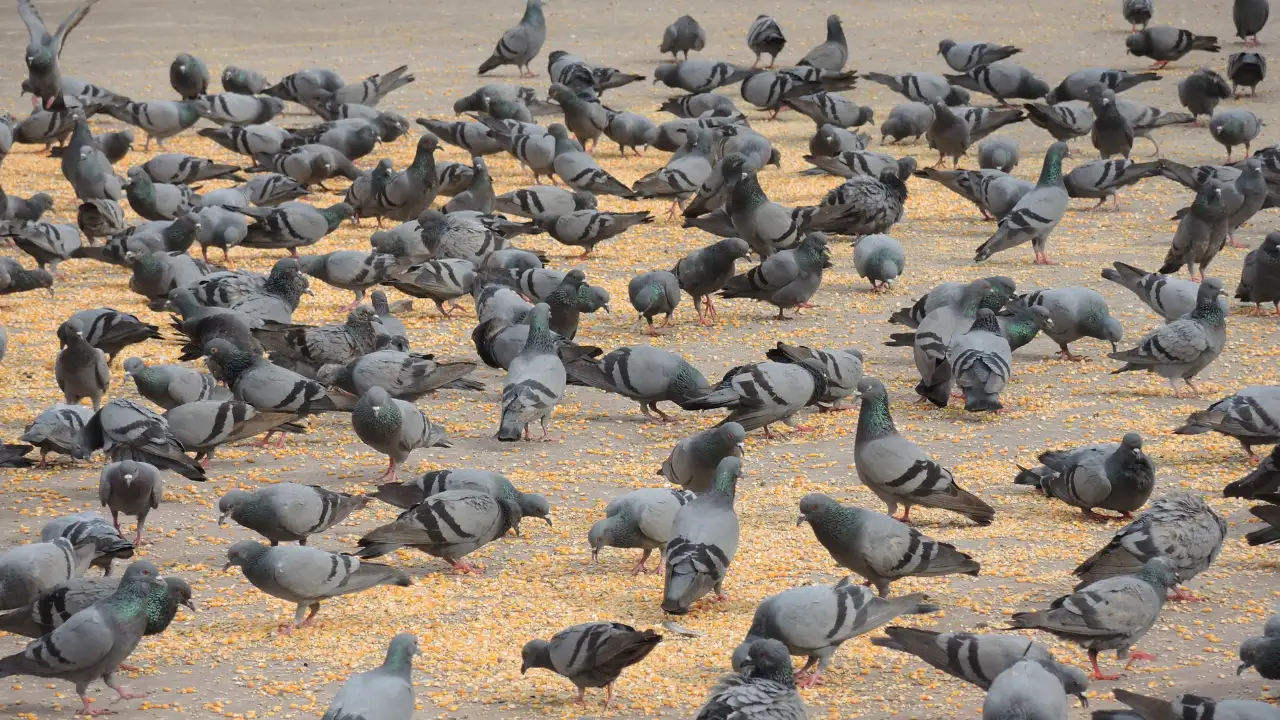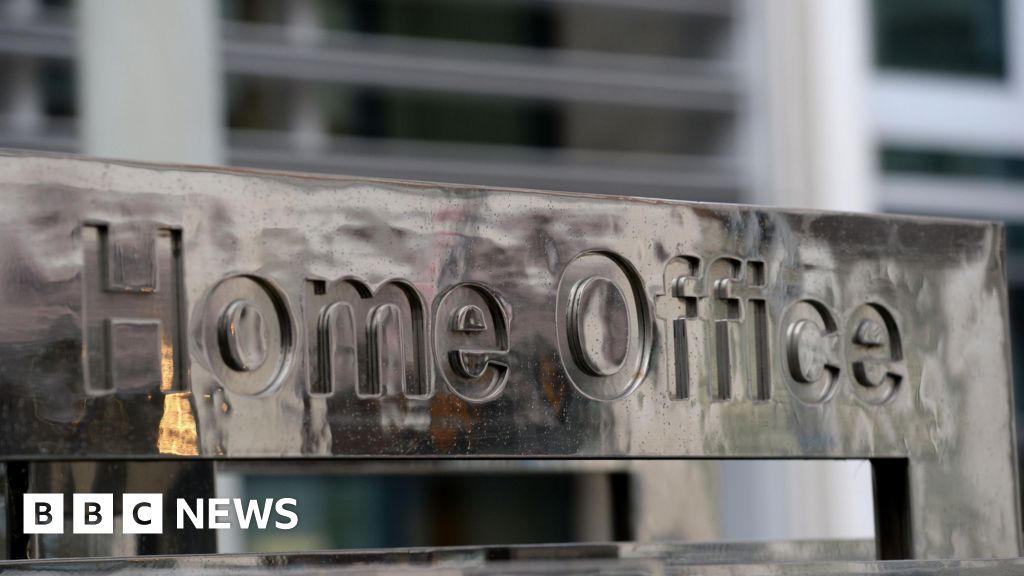Copyright timesnownews

Mumbai: In a marked move to regulate pigeon-feeding while balancing tradition and public health, the Brihanmumbai Municipal Corporation (BMC) on Friday announced the sanctioning of “controlled feeding” at four new locations across Mumbai, strictly between 07:00 and 09:00 each morning. This interim arrangement is in place until a report from an expert committee and further directives from the Bombay High Court are received. Check Four designated feeding zonesUnder the new notification, pigeon-feeding will be permitted at the following sites: The area around the Worli Reservoir in G South ward. A mangrove patch near Lokhandwala Back Road adjacent to the Versova Sewage Treatment Plant in Andheri West (K West ward).A creek-side location near the old Airoli–Mulund check-post along the Airoli–Mulund Link Road in Mulund East (T ward). The grounds of Gorai Maidan in Borivali West (R Central ward). At these sites, the feeding window is strictly limited to two hours each morning: 07:00 am to 09:00 am. Conditions and oversight The BMC emphasises that permissions will be granted only if voluntary organisations come forward to manage the designated sites. These organisations will be required to ensure the following: Keep the area clean.Ensure no obstruction to pedestrian or vehicular movement.Respond to citizens’ complaints about hygiene or nuisance.Sign an undertaking to comply with all stipulated conditions. Each designated zone will have its Assistant Municipal Commissioner of the respective ward as nodal-officer. Moreover, the BMC will install signboards at these sites to raise public awareness about health concerns associated with pigeon droppings and feathers. Legacy sites to remain closed Importantly, the BMC clarified that the city’s existing “kabutarkhanas” — traditional pigeon-feeding shelters — which were shut earlier following court directives, will not be reopened. Zones such as the one at Dadar Kabutarkhana remain closed and continue to be covered or sealed. The civic body further noted that it has garnered 9,779 objections, suggestions and complaints from citizens regarding pigeon-feeding across the city. These range from pleas for the closure or continuation of existing spots to sanitation concerns and calls for regulated feeding. Why this decision and what it signals The move reflects an effort by the BMC to strike a middle path between tradition (pigeon-feeding is culturally ingrained) and public health/hygiene concerns (large crowds, droppings, bird-borne pollutants). The interim nature of the move—pending the committee’s report and court orders—signals the corporation’s caution. Nonetheless, the decision has drawn some critique from environmental and civic-watch groups. For example, one observer asked, “While we respect religious sentiments, feeding should be allowed in the premises of those wanting the same. Are the ruling political class trying to appease their vote-banks by asking the BMC to permit feeding at these locations?” What happens next The expert committee appointed by the High Court will submit its report on the health and environmental impact of pigeon-feeding (droppings, feathers, large pigeon populations in urban settings).Further directions from the High Court and potentially from the Maharashtra state government will determine the long-term status of pigeon-feeding zones and the fate of other spots across Mumbai.The BMC will monitor how the four sites function under the two-hour-feeding regime and whether the designated voluntary organisations comply with the set conditions.(With PTI inputs) Get Latest News Live on Times Now along with Breaking News and Top Headlines from Mumbai, India and around the world.



